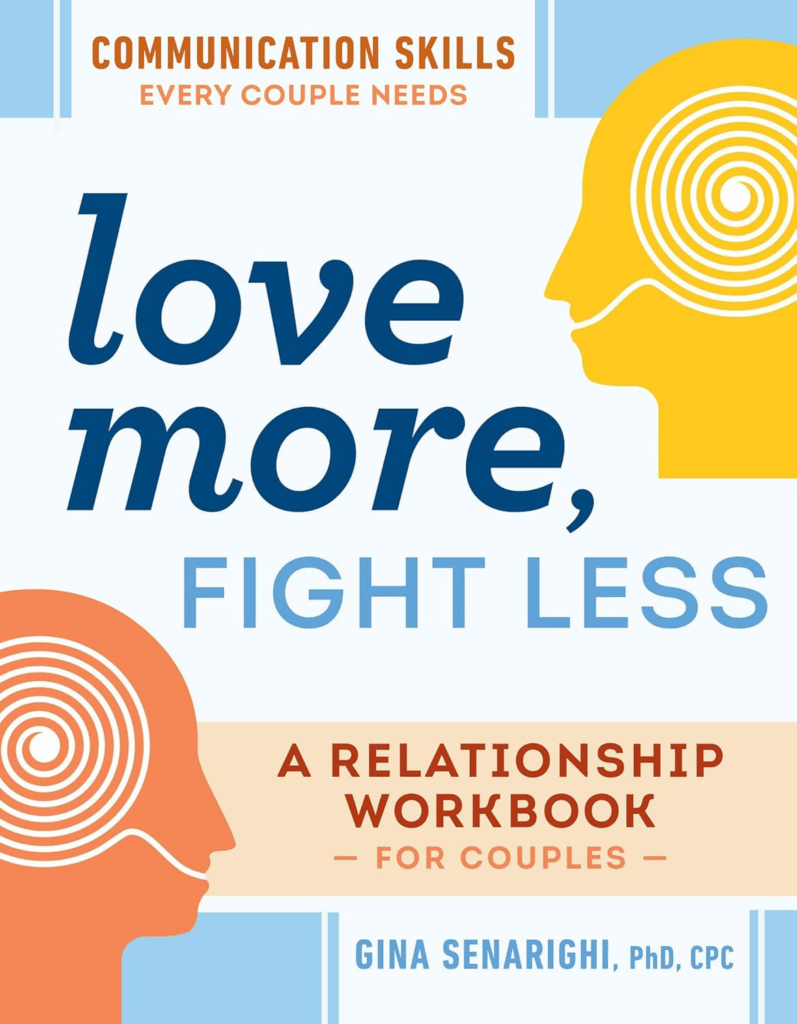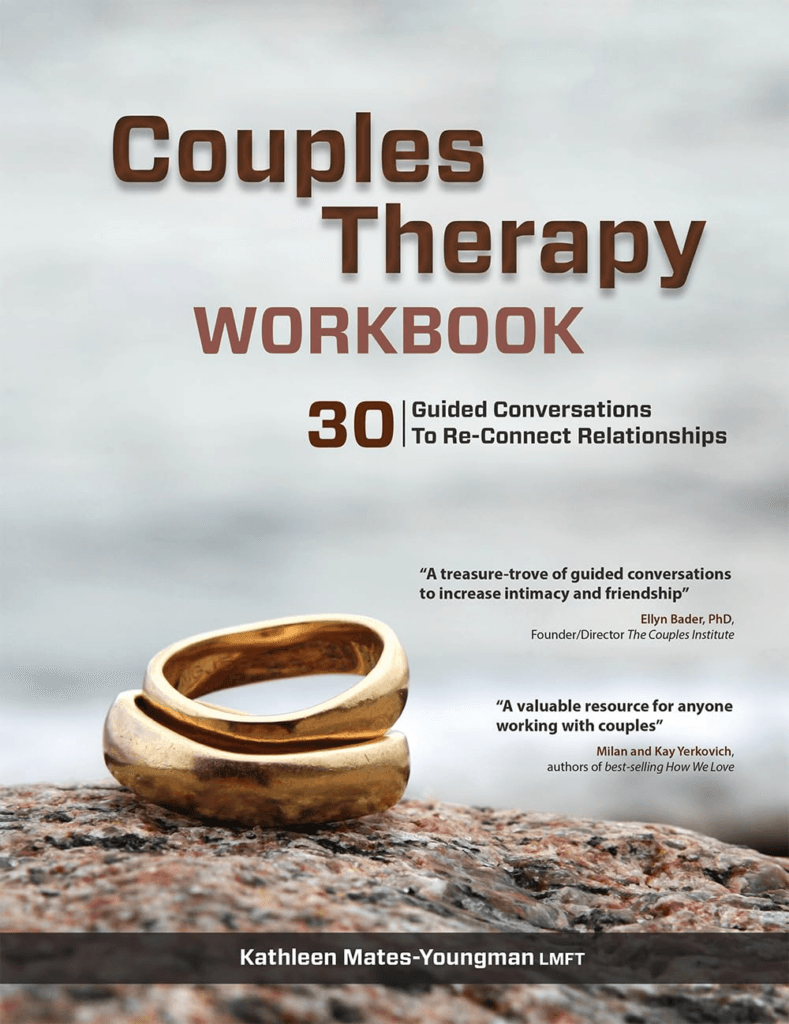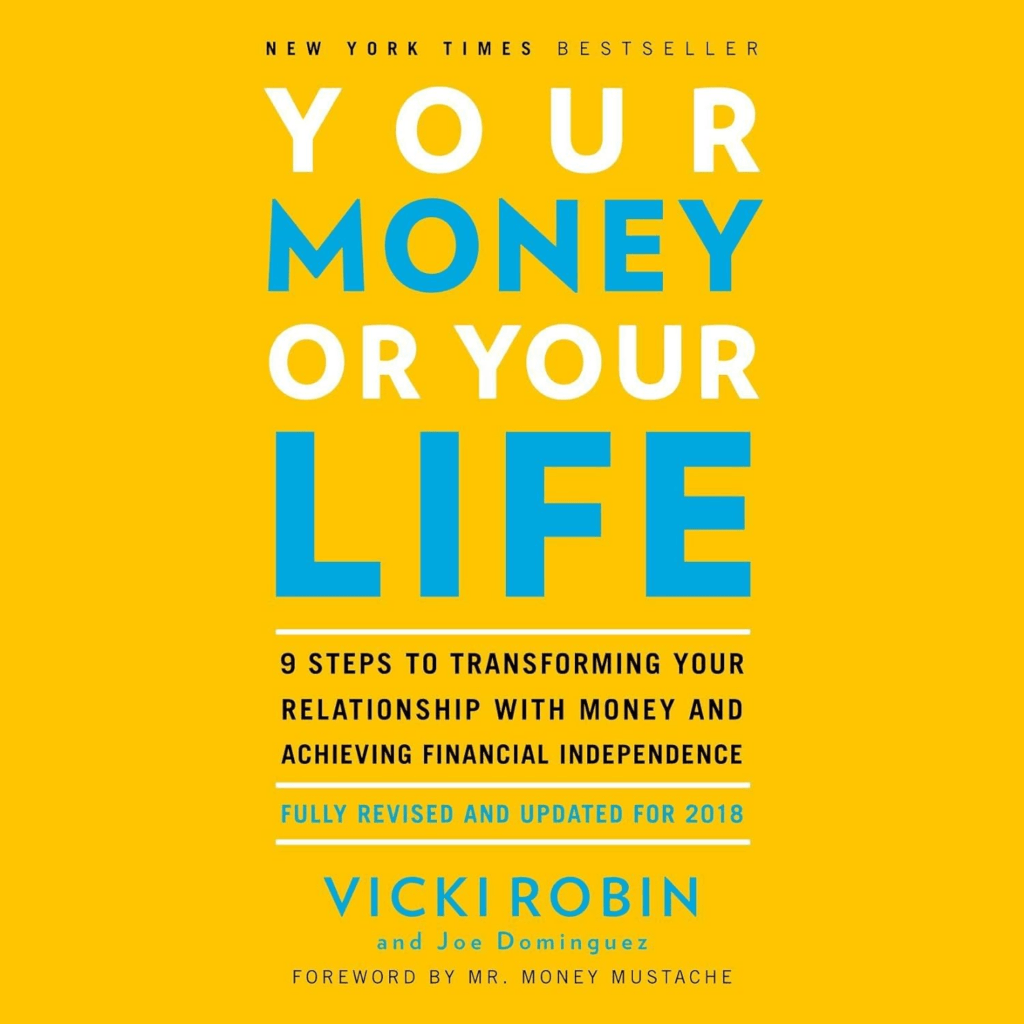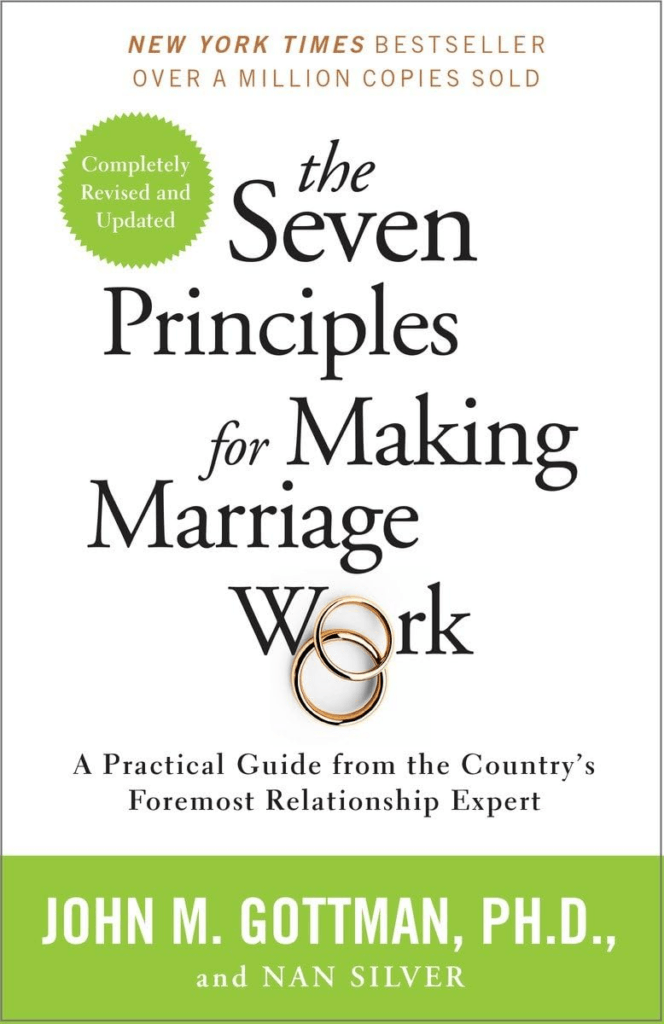Money is often labeled as a necessary evil, but in the context of relationships, it holds an even more profound significance. Beyond its function as currency, money carries weight as a symbol of security, power, and stability. However, when mismanaged or poorly communicated, financial issues can create cracks in the strongest of partnerships, eventually driving couples apart. From hidden debts to mismatched financial goals, the ways in which money can disrupt love are both numerous and insidious. This article dives deep into the psychology of money, the most common financial conflicts, and how to prevent your relationship from falling victim to money troubles.
The Unseen Role of Money in Relationships
Money is never just about dollars and cents. In a relationship, it represents far more than the sum of a paycheck. For some, it’s a source of security—a safety net that ensures they won’t face uncertainty alone. For others, it’s a symbol of independence, representing personal freedom and control.
But when these symbolic meanings of money collide, friction is inevitable. A spender may view financial freedom as the ability to indulge in life’s pleasures, while a saver sees it as the reassurance of a well-funded emergency account. When these perspectives clash without compromise, the emotional toll can chip away at the foundation of a relationship.
The Psychology of Money and How It Shapes Relationships
Money isn’t just about how much you have; it’s about how you think about it. A couple’s financial dynamic is often a reflection of their psychological relationship with money, shaped by upbringing, life experiences, and personal values.
1. Money as a Symbol of Power
In many relationships, financial resources become intertwined with power dynamics. The partner who earns more may unconsciously assert dominance in decision-making, while the lower-earning partner may feel diminished or dependent. This imbalance can sow resentment and create feelings of inadequacy, eroding mutual respect.
2. Childhood Experiences and Money Behavior
A person’s upbringing deeply impacts their financial habits. For instance:
- Growing Up in Poverty: Someone raised in financial hardship may develop a “scarcity mindset,” focusing on hoarding resources and fearing frivolous spending.
- Growing Up Wealthy: Conversely, a partner from a wealthy background may see money as a renewable resource, prioritizing enjoyment over saving.
When partners with such opposing financial attitudes come together, tensions can run high.
3. Trust and Financial Vulnerability
Money-related trust issues are not always about fraud or deceit; they’re often about vulnerability. A partner may avoid discussing financial problems out of fear of judgment or rejection, inadvertently creating barriers to honest communication.
Common Financial Conflicts Between Couples
While money represents opportunity and stability, it’s also the leading cause of stress in relationships. Here are some of the most common financial flashpoints that can break couples apart:
1. Spending vs. Saving
One of the oldest and most persistent conflicts is the spender-versus-saver dynamic. A spender might prioritize immediate gratification, while a saver emphasizes long-term security. Without compromise, this friction can lead to feelings of frustration, judgment, and even betrayal.
2. Debt Disputes
Debt is a heavy burden to carry, especially when it’s not evenly shared or disclosed. Student loans, credit card debt, or car payments can all create resentment if one partner feels they’re shouldering more than their fair share—or worse, if the debt is hidden entirely.
3. Income Disparities
Significant differences in income can destabilize relationships in unexpected ways.
- For the Higher Earner: They may feel pressure to provide, which can breed resentment over time.
- For the Lower Earner: They may feel undervalued or dependent, leading to feelings of inadequacy.
These emotions, left unchecked, can snowball into arguments or passive-aggressive behaviors.
4. Differing Financial Goals
Financial goals can vary widely between partners. One might prioritize saving for a down payment on a home, while the other dreams of traveling the world. Without alignment, these differences can feel like irreconcilable values.
Financial Secrets That Destroy Trust
A particularly damaging aspect of financial conflict is the element of secrecy. Known as financial infidelity, these behaviors can be just as devastating as cheating.
1. Secret Spending
When one partner spends money without the other’s knowledge—especially on nonessential or extravagant purchases—it can feel like a betrayal.
2. Hidden Debt
Discovering that your partner has concealed debt can lead to a complete breakdown of trust, making it hard to move forward as a team.
3. Lies About Income
Whether inflating or downplaying earnings, dishonesty about income creates a rift in transparency and shared responsibility.
Communication Breakdowns Around Money
Perhaps the most insidious way money issues destroy relationships is through a lack of communication. Financial problems don’t just emerge overnight; they fester in silence.
1. Avoidance
Many couples avoid discussing money altogether, viewing it as a taboo or uncomfortable topic. Unfortunately, avoidance only allows minor issues to grow into major ones.
2. Emotional Outbursts
When financial discussions do arise, they’re often fraught with tension, leading to emotional arguments rather than productive conversations.
3. Unrealistic Expectations
If one partner has unrealistic expectations about their standard of living, it can place undue strain on the other. This disconnect between perception and reality frequently leads to disappointment and conflict.
Everyday Money Stressors
Beyond major conflicts, the daily stressors of managing money can take a toll on relationships. These challenges might seem small, but over time, they compound.
1. Paycheck-to-Paycheck Living
Living paycheck to paycheck leaves no room for error. Even minor financial hiccups—like an unexpected car repair—can spark arguments about mismanagement or irresponsibility.
2. Lifestyle Inflation
As income increases, so too do spending habits. This phenomenon, known as lifestyle inflation, can lead couples into financial trouble as they prioritize appearances over savings.
3. Financial Emergencies
Unexpected expenses, such as medical bills or home repairs, often reveal whether a couple has a solid financial foundation—or whether cracks have already formed.
Psychological and Emotional Impact of Financial Stress
Money stress doesn’t just affect your wallet; it affects your mental health and emotional connection as well.
1. Anxiety and Depression
Financial struggles are a major source of anxiety. Over time, they can lead to depression, especially if one partner feels trapped or hopeless in their financial situation.
2. Loss of Intimacy
When money dominates the conversation, intimacy often falls by the wayside. Emotional and physical closeness can suffer when couples are preoccupied with bills and budgets.
3. Erosion of Connection
The constant tension of financial stress can erode the bond between partners, leaving them feeling more like adversaries than teammates.
How to Address Money Issues Before They Break You
While financial conflicts are common, they don’t have to spell the end of a relationship. Here’s how couples can tackle these challenges together:
1. Commit to Transparency
Honesty is non-negotiable. Partners should share their financial realities—debts, income, and goals—early and often.
2. Create a Joint Budget
A shared budget fosters teamwork and accountability. By working together to allocate resources, couples can ensure their financial priorities align.
3. Seek Professional Help
Sometimes, the best solution is to bring in a neutral third party. Financial counselors can help couples navigate tough conversations and create actionable plans for improvement.
4. Regular Financial Check-Ins
Make financial discussions a regular part of your relationship. Monthly check-ins can help address small issues before they grow into major conflicts.
Conclusion
Money issues have an unparalleled ability to destabilize relationships, often serving as a proxy for deeper emotional struggles. But while financial conflict is common, it’s not insurmountable. By fostering transparency, aligning on goals, and communicating effectively, couples can turn money from a source of stress into a shared tool for building the future they want together.
Love and money don’t have to be adversaries. With the right mindset and strategies, couples can ensure that their relationship thrives despite financial challenges. The key is to face those challenges head-on—together.









